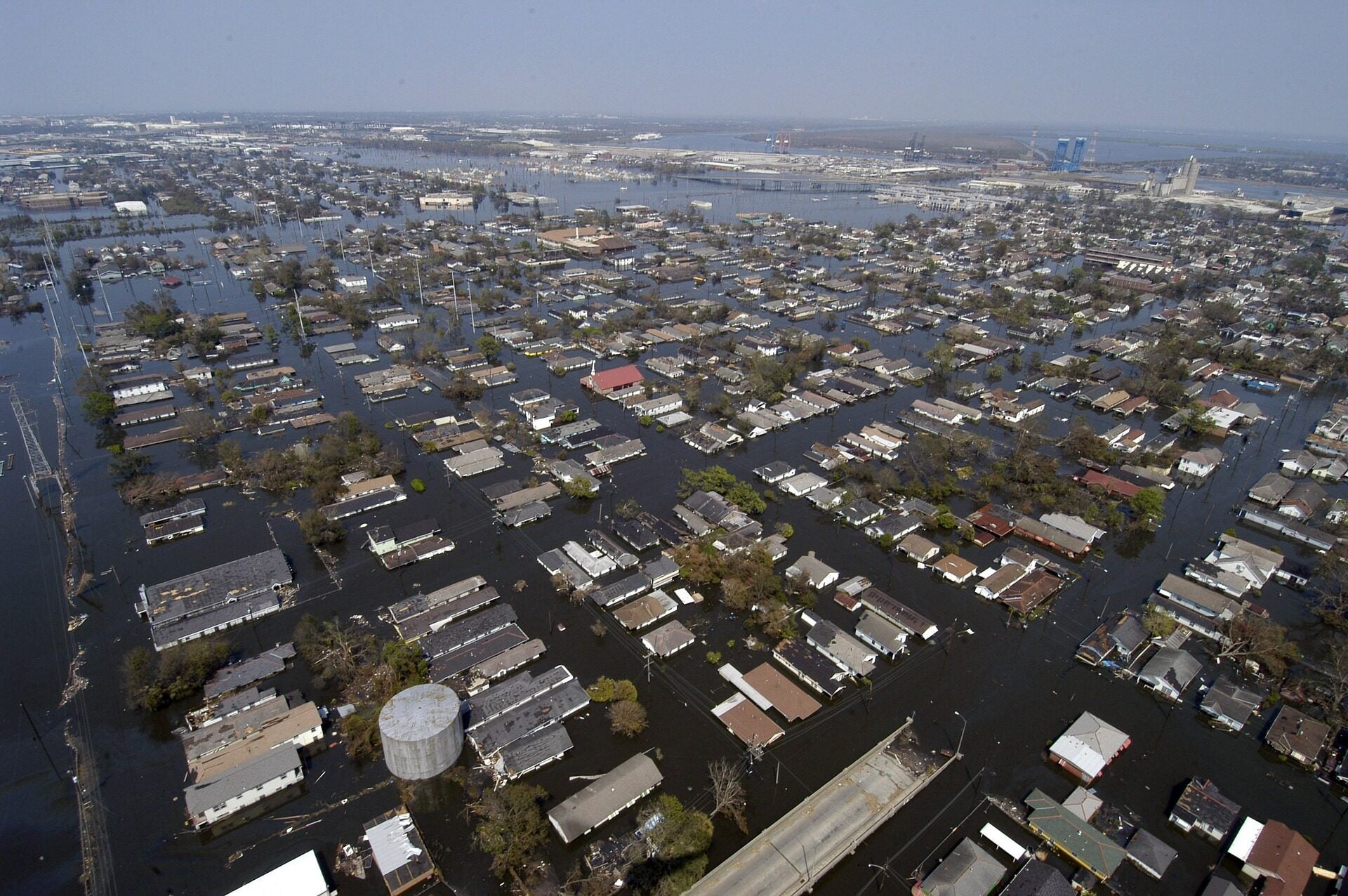
De-Abstracting Climate Change
Climate change is as much a cultural problem as it is a technological one, as individuals of different ages, political parties, religions, occupations, and socioeconomic status hold different views toward climate change. Solving the problem will, therefore, require a collective shift in cultural attitudes.
This blog was written ahead of Earth Day and was originally published by the Wharton Risk Center as a part of thier Student Solutions to Climate Risk Management Challenges series.
Climate change can be described as a collective goods problem because every single human being contributes to climate change, yet no one pays for its costs. To compound its complexity, climate change is as much a cultural problem as it is a technological one, as individuals of different ages, political parties, religions, occupations, and socioeconomic status hold different views toward climate change.
Solving this problem will therefore require a collective shift in cultural attitudes regarding climate change, much like the cultural shift against public smoking in the 20th century. In the early-to-mid 20th century, tobacco use was widespread and on the rise, just as fossil fuels are currently the predominant source of energy generation. However, in 1964, the U.S. Surgeon General Reports concluded that tobacco is not only an addictant but also a carcinogen, which dramatically decreased the popularity of smoking.
Similarly, the Intergovernmental Panel on Climate Change has reported that greenhouse gases, such as carbon dioxide and methane, unequivocally cause atmospheric warming and lead to deleterious effects on Mother Earth, such as elevated sea levels and more severe storms. Despite similar warnings from objective authorities, the general populace is not as alarmed by climate change as they were by smoking. This is because climate change is a highly abstract problem that is disproportionate in its origins and consequences.
Climate change is abstract for three primary reasons. First, the full concept of climate change is not embodied by the human lived experience. As Cary Coglianese expresses in Solving Climate Change Requires Normative Change, “No one can look outside the window of their house and observe a global mean temperature.” Similarly, no one can step outside and know that ice sheets are shrinking, glaciers are retreating, sea levels are rising, and oceans are acidifying —the most cited and substantiated effects of climate change. This abstraction works against efforts to solve the climate crisis, as the media and scientific community strive to motivate the public to take concrete actions today against abstract problems that they may not even live to see.
This is, in fact, the second abstraction of climate change: Because the consequences of climate change operate on timeframes that exceed human foresight, the average individual will not prioritize the negative effects of climate change —which will likely occur decades in the future— over immediate concerns, such as the food on their table, utility bills, and car payments. Moreover, the convenient or economical options for such daily necessities (e.g. cheaper foods derived from concentrated feeding lots, cheaper electricity derived from fossil fuels, and more affordable fossil-fuel based cars) are precisely the mechanisms through which the average individual contributes to climate change.
Finally, climate change is abstract because of its disproportionate causes and effects. Developed countries that are the most responsible for climate change, such as the U.S. and China, are not the ones most likely to feel its near-term effects, unlike less developed countries, such as Haiti and Yemen. This dichotomy results in a troubling paradox: Developed countries with the greatest capacity for addressing climate change have the least incentive to take immediate action.
In order to address these three abstractions, we propose to induce a proportionate cultural shift as follows: frame and address climate change as a concrete problem that is affecting the daily lived experience. In other words, the aforementioned effects of climate change in the media and scientific community, such as global warming and sea level rise, should be reframed from the perspective of concrete human experiences.
Global warming increases the prevalence of droughts, which affects crop yields and, ultimately, the price of your produce at the grocery store. Additionally, global warming exaggerates the urban heat island effect (i.e. when urban areas experience higher temperatures due to dense infrastructure and heat-absorbing materials), which increases your cooling bill and chances of a deadly heatstroke.
Sea level rise, which may seem harmless due to the projected rise of a mere few inches, increases the propensity of chronic flooding, which has the potential to displace a quarter of a million homes on the New Jersey shoreline.
Finally, rising atmospheric greenhouse gas concentrations, which cannot be tangibly seen or smelled, increases ocean acidification, which decreases the survival rate of some of your favorite sea foods, such as clams, scallops, mussels, and oysters. So, instead of talking about global warming, sea level rise, and greenhouse gas concentrations, let’s start talking about your grocery prices, your cooling bill, your susceptibility to housing relocation, and your unsatisfied seafood cravings. This will, in turn, de-abstract climate change and root its consequences in the lived experience.
So, how can we accomplish this? To start, media outlets (e.g. CNN, Fox, NBC, ABC), governmental organizations (e.g. NASA, IPCC, EPA), and high-profile individuals or organizations (e.g. celebrities and private foundations) should lead a global effort to humanize the effects of climate change. Moreover, public works programs that are at the forefront of climate change responses, such as the Philadelphia Water Department’s stormwater management program, should emphasize not only polluted riverways as the impetus for their work, but also human consequences, such as polluted tap water and constrained water availability for home gardening.
Beyond communicative reframing, a collective cultural shift to de-abstract climate change must start where we educate the populace. Thus, concrete climate change concepts should be embedded into K-12 and college curricula. For example, sustainability and climate change concepts could be embedded into K-12 Common Core classes and into a common class for undergraduates —measures that the Philadelphia School District and the University of Pennsylvania are currently considering.
Such an integration should supplement existing curricula and, in the best cases, enhance student experiences. For example, a high school biology class can motivate lessons on coral reef conservation by discussing the deleterious effects of ocean acidification on coral reefs and their inhabitants, and the University of Pennsylvania can integrate a climate change assignment into every writing seminar class, which is required for all undergraduates. If schools across the globe embedded climate change concepts in this manner, then schoolchildren would gain an understanding of the deeply human and immediate effects of climate change.
The billowing smoke plumes of fossil fuel factories plague our Earth with a cancer by the name of Climate Change. Once the general populace grasps the human-facing consequences of climate change as intimately as the carcinogenic or addicting qualities of tobacco, then we can face its consequences with a heightened urgency that meets the severity of our moment.
Richard Ling
Undergraduate Seminar FellowRichard Ling is an undergraduate student studying systems engineering and environmental science with a minor in mathematics in the Vagelos Integrated Program for Energy Research (VIPER). Ling was also a 2020 Undergraduate Student Fellow.
Cat Conran
Law Student, University of VirginiaCat Conran graduated from Penn in 2019 with a major in Anthropology and minors in Classical Studies, Archaeological Science, and Geology. She will be entering law school at the University of Virginia in the fall, studying environmental law.

